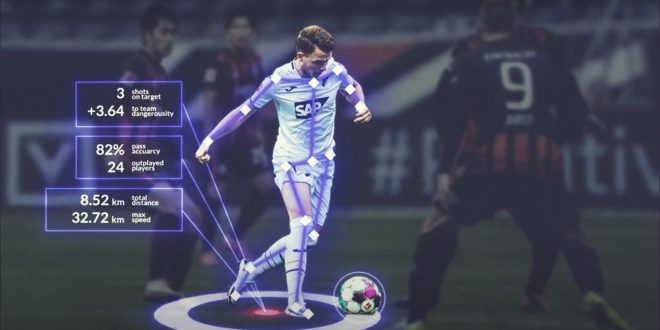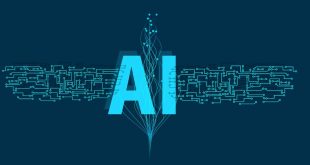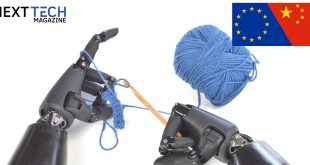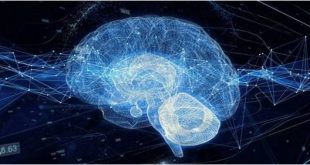CMU researchers are working on a model to train a model to sort through billions of uncharacterized molecules without any further information. As a result, it accomplishes this by making little structural modifications to the (virtual) molecule, such as hiding an atom or removing a bond and then observing how the molecule changes. This allows it to understand intrinsic aspects of how such molecules are produced and behave, which helped it outperform other AI models in a test database for identifying dangerous substances.
Molecular signatures are also important in disease diagnosis; two individuals may have similar symptoms, but a close examination of their lab results reveals that they have quite distinct illnesses. Of course, this is a typical medical practice, but when data from various tests and analysis accumulates, keeping track of all the relationships becomes challenging. The Technical University of Munich is creating a clinical meta-algorithm that integrates several data sources (along with other algorithms) to distinguish between liver illnesses that have comparable signs. While such models will not be able to take the position of doctors, they will continue to assist in the management of the enormous volumes of data that even specialists may not have the time or knowledge to understand.
 Next Tech Magazine Get The Latest Technology Updates
Next Tech Magazine Get The Latest Technology Updates







